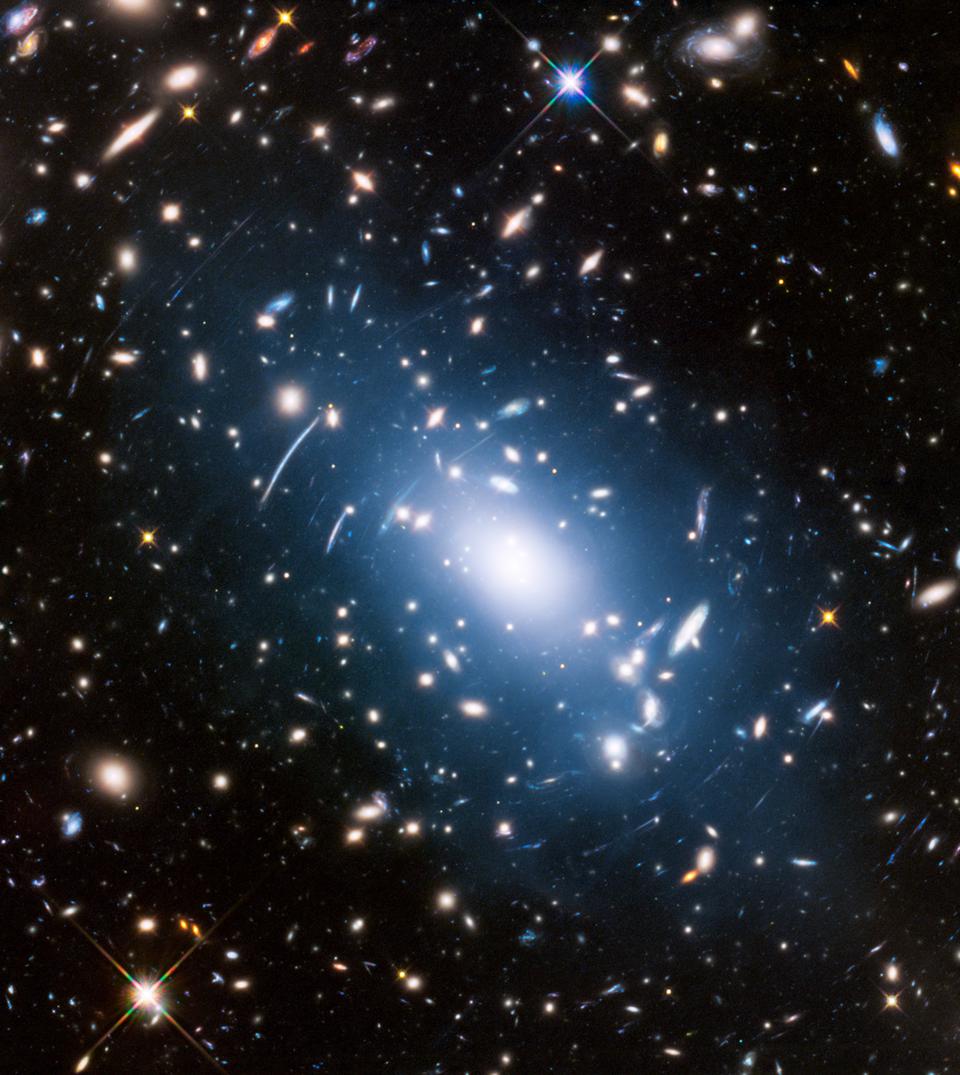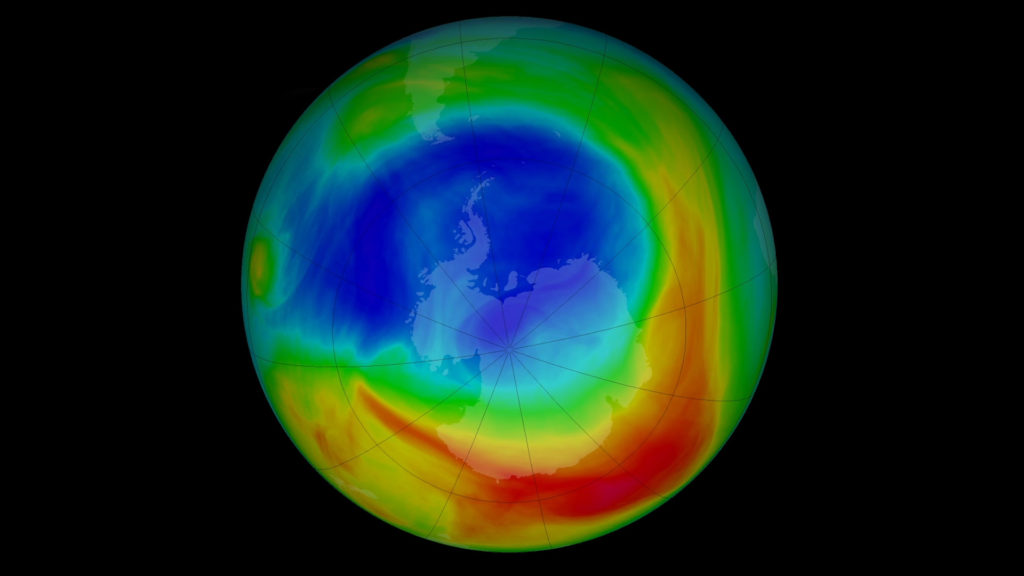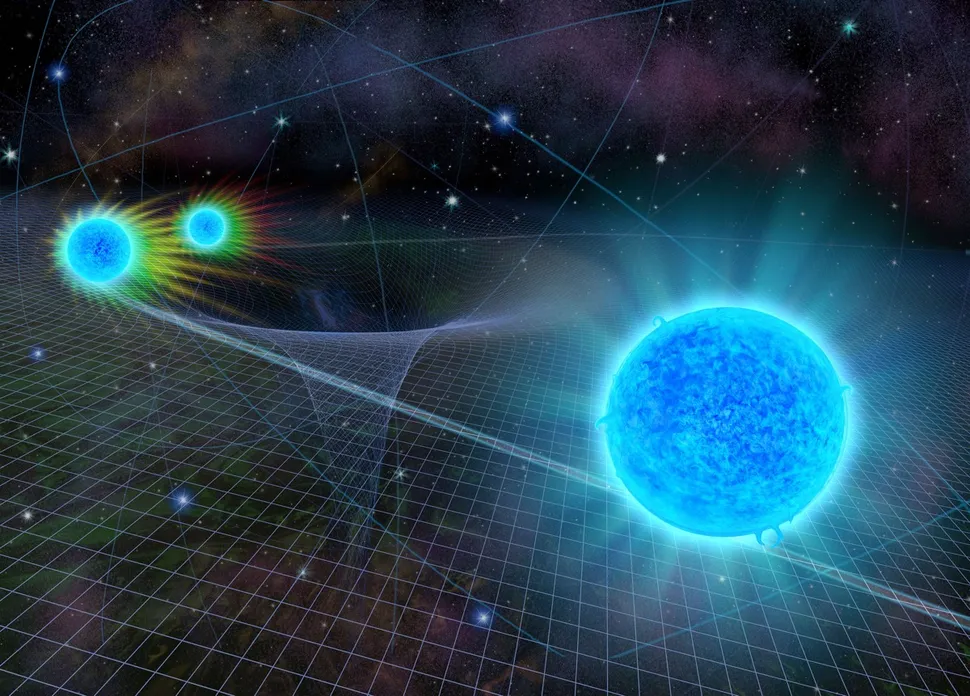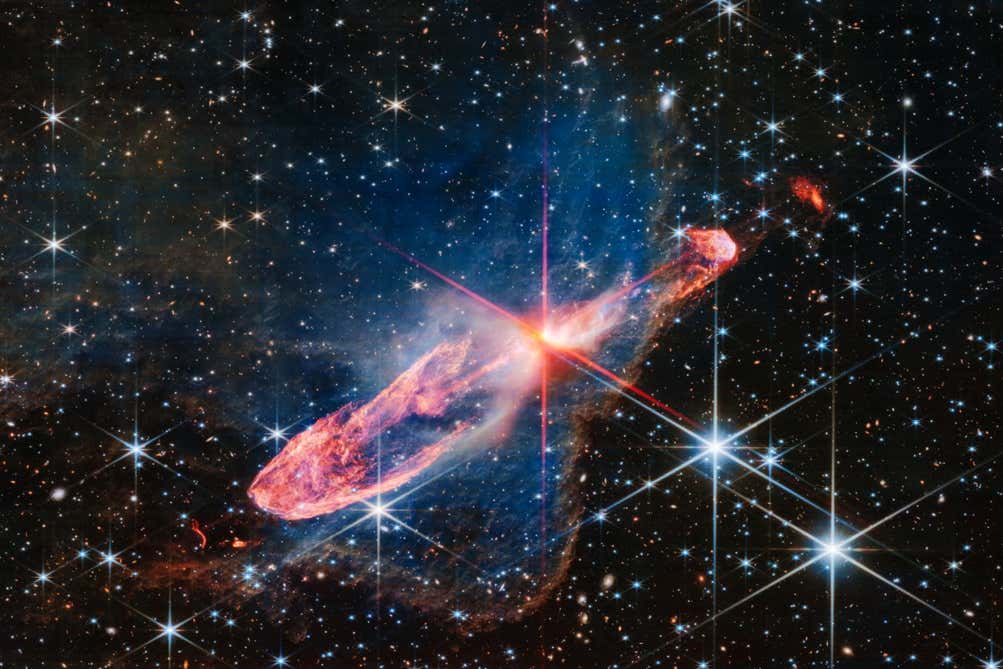The universe is vast, ancient, and awe-inspiring. It stretches far beyond what our eyes can see or even what our most powerful telescopes can capture. Yet, for all the progress science has made—from unraveling the structure of DNA to capturing the first image of a black hole—many of the biggest questions about the cosmos remain unanswered.
Despite centuries of astronomical study and technological innovation, the universe still keeps many of its deepest secrets locked away. Each new discovery often opens the door to even bigger mysteries, forcing scientists to rewrite their theories and sometimes rethink the very nature of reality itself.
Here are ten of the most profound and mind-bending mysteries of the universe—enigmas that continue to baffle scientists and ignite human imagination.
1. What Is Dark Matter?
When astronomers map the universe, they notice something strange: galaxies spin in ways that cannot be explained by the mass of visible stars, planets, and gas alone. The gravitational pull required to hold galaxies together suggests that there is far more matter than what we can see.
This unseen mass is called dark matter, and it is believed to make up about 27% of the universe. Unlike ordinary matter, dark matter does not emit, absorb, or reflect light. It is invisible to telescopes and detectable only by its gravitational effects.
Scientists have proposed countless candidates for dark matter—such as WIMPs (Weakly Interacting Massive Particles) or axions—but so far, no direct detection has been successful. The mystery deepens as researchers conduct more sensitive experiments underground, in space, and at particle colliders.
If dark matter exists, what is it made of? If it doesn’t exist, are our theories of gravity incomplete? Until we know, the cosmic puzzle remains unsolved.
2. What Is Dark Energy?
If dark matter is mysterious, dark energy is even stranger. In 1998, astronomers discovered that the expansion of the universe is accelerating. Instead of slowing down due to gravity, galaxies are flying apart faster and faster. Something unknown is driving this expansion, and scientists call it dark energy.
Dark energy is estimated to make up nearly 68% of the universe, making it the dominant force in the cosmos. And yet, we know almost nothing about it. Is it a property of space itself, as Einstein once suggested with his “cosmological constant”? Is it a new kind of energy field? Or could it be that our understanding of gravity breaks down on the largest scales?
This is not just a small problem—it is one of the greatest mysteries in all of science. Unlocking the nature of dark energy could reshape our understanding of the cosmos and its ultimate fate.
3. How Did the Universe Begin?
The leading explanation for the universe’s origin is the Big Bang theory, which suggests that 13.8 billion years ago, the universe began as an unimaginably hot, dense point and has been expanding ever since. The cosmic microwave background radiation—faint leftover heat from the early universe—provides strong evidence for this model.
But even the Big Bang leaves us with profound questions. What caused the Big Bang? Did time and space themselves begin at that moment, or was there something before it?
Some theories suggest our universe is just one “bubble” in a vast multiverse. Others propose that the Big Bang may have been the result of a collision between higher-dimensional spaces or even the “bounce” of a prior universe collapsing and rebounding.
Until we can peer further back into those first moments, the birth of the universe will remain one of humanity’s deepest mysteries.
4. What Happens Inside a Black Hole?
Black holes are among the most extreme objects in the universe. Their gravity is so strong that nothing—not even light—can escape once it crosses the event horizon. But what happens beyond that horizon?
According to general relativity, matter collapses into a singularity—a point of infinite density and zero volume where the laws of physics break down. But quantum mechanics suggests that infinities should not exist in nature. Reconciling these two pillars of physics is one of science’s greatest challenges.
Do black holes truly contain singularities, or is there some hidden structure inside? Do they destroy information forever, or is it preserved in some form, perhaps encoded on the event horizon itself? Could black holes even connect to other universes through wormholes?
Until we find a theory that unites quantum mechanics and general relativity—sometimes called a “theory of everything”—the true nature of black holes will remain shrouded in mystery.
5. Why Does Time Move Forward?
We experience time as a one-way street, moving from past to present to future. But the laws of physics, from Newton’s mechanics to Einstein’s relativity, do not distinguish between past and future. On the microscopic scale, particles behave the same whether time moves forward or backward.
So why does time have a clear direction? The leading explanation comes from the concept of entropy, the measure of disorder in a system. The second law of thermodynamics states that entropy tends to increase, which gives time its “arrow.” But why did the universe start in such a low-entropy state, allowing time to flow forward?
Some physicists speculate that time’s arrow is tied to the expansion of the universe. Others wonder if time is an illusion or an emergent property of deeper physical laws we have yet to discover.
The mystery of time cuts to the heart of existence. It’s not just about physics—it’s about why we experience life as a journey through moments that can never be revisited.
6. Why Is the Universe Fine-Tuned for Life?
The universe appears to be remarkably well-suited for life. Physical constants—such as the strength of gravity, the charge of the electron, and the speed of light—have precise values. If any of them were even slightly different, stars could not form, atoms might not exist, and life as we know it would be impossible.
This raises a profound question: why does the universe seem so fine-tuned for life?
There are several possible answers. Perhaps it is simply a cosmic coincidence. Perhaps the universe was designed with life in mind—a question that ventures into philosophy and theology. Or perhaps there are countless universes, each with different physical constants, and we live in the one where life happened to emerge—the multiverse hypothesis.
Whichever explanation proves true, the mystery of fine-tuning forces us to confront the possibility that our universe is not just random but deeply special in ways we don’t yet understand.
7. Are We Alone in the Universe?
For as long as humans have gazed at the stars, we have wondered if we are alone. Our galaxy contains over 100 billion stars, many with planets orbiting them. The Milky Way itself is only one of perhaps two trillion galaxies in the observable universe. The sheer numbers suggest that life should be common.
And yet, we have found no clear evidence of extraterrestrial life. This paradox is known as the Fermi Paradox: if intelligent civilizations exist, why haven’t we detected them?
Scientists search for life in many ways—examining Mars and icy moons like Europa and Enceladus for microbial life, scanning exoplanets for biosignatures, and listening for radio signals from distant civilizations. Despite these efforts, the universe remains eerily silent.
Are we truly alone, or have we only just begun to search? The answer could change our place in the cosmos forever.
8. What Is Consciousness?
Among the greatest mysteries of all is not “out there” in the stars but within us. What is consciousness? How do billions of neurons in the brain give rise to thoughts, emotions, and self-awareness?
Science can describe the workings of the brain in extraordinary detail, yet the subjective experience of being—the “mind”—remains elusive. This is sometimes called the “hard problem of consciousness.”
Some theories suggest consciousness emerges from complex information processing. Others propose it may be a fundamental property of the universe, like space and time. Still others imagine that consciousness could extend beyond the brain in ways we don’t yet understand.
The mystery of consciousness is not just about science—it’s about identity, meaning, and what it truly means to be alive in this vast universe.
9. What Is the Fate of the Universe?
The universe is expanding, but how will it end? Will it expand forever, growing colder and darker in a “heat death”? Will it eventually stop expanding and collapse in a “Big Crunch”? Or could dark energy cause it to expand at an accelerating rate until galaxies, stars, and even atoms are torn apart in a “Big Rip”?
The fate of the universe depends on the balance between dark energy, dark matter, and gravity. Current evidence suggests expansion will continue indefinitely, leading to a bleak, frozen cosmos trillions of years from now. But uncertainties remain.
Some scientists speculate about cosmic cycles, with universes endlessly expanding and collapsing. Others suggest new universes may be born from black holes, allowing the cosmic story to continue in ways we can barely imagine.
The end of the universe is one of the grandest questions science has ever faced—a story whose ending we may never fully witness.
10. Why Does Anything Exist at All?
Perhaps the deepest mystery of all is the most basic: why is there something rather than nothing?
According to physics, matter and antimatter should have been created in equal amounts during the Big Bang. But if that had happened, they would have annihilated each other, leaving behind a universe of pure energy. Instead, for reasons unknown, there was a slight imbalance—just enough extra matter to form stars, planets, and life.
Why this imbalance exists is still a mystery. It may hold the key to understanding why the universe is filled with galaxies and not just empty space.
But even beyond physics, the question lingers. Why does the universe exist at all? Why is there a reality instead of nothingness? This question may forever blur the line between science, philosophy, and spirituality.
Conclusion
The universe is not a completed puzzle but a vast, unfinished story. Each discovery brings us closer to understanding, yet each answer opens new questions. Dark matter, dark energy, the origins of the cosmos, the enigma of consciousness—these mysteries remind us that science is not about certainty but about curiosity.
As we gaze deeper into space and probe deeper into ourselves, we are reminded of our smallness and our greatness. Small, because we are tiny beings on a fragile planet. Great, because we dare to ask the biggest questions of all.
The universe may never reveal all its secrets, but the journey to uncover them is what makes science—and human existence—so extraordinary.






